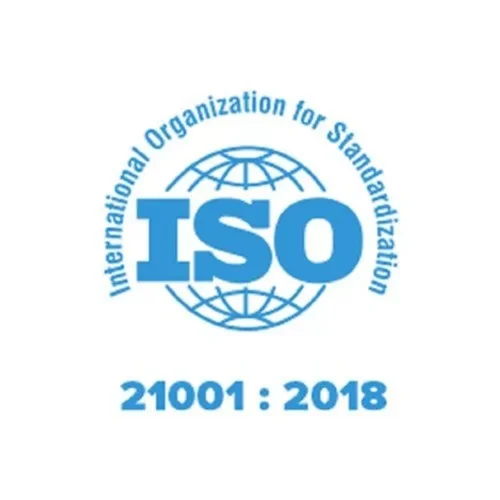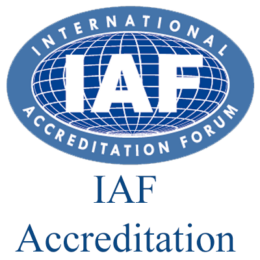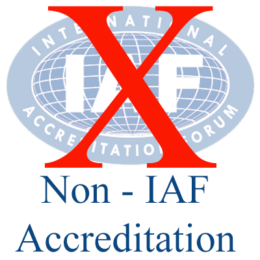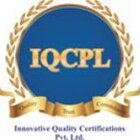
ISO 21001:2018
Educational Organizations Management System (EOMS)
ISO 21001:2018 is an internationally recognized standard that specifies requirements for a management system for educational organizations. It provides a framework to help educational institutions enhance their processes, improve learner satisfaction, and ensure the delivery of high-quality education and training services. The standard focuses on continuous improvement, inclusivity, stakeholder engagement, and alignment with educational objectives. ISO 21001 applies to all types of educational organizations, including schools, universities, training centers, and corporate learning institutions.
Benefits of ISO 21001:2018 – Educational Organizations Management System
Connect with Us today
About
BRIEF ON ISO 21001:2018
ISO 21001:2018 is an internationally recognized Educational Organizations Management System (EOMS) standard that helps educational institutions improve their processes, enhance learner satisfaction, and ensure the delivery of high-quality education and training services. It provides a structured approach to educational management, stakeholder engagement, and continuous improvement, ensuring that institutions meet learner needs while aligning with regulatory and accreditation requirements.
CLAUSES OF ISO 21001:2018
The standard is structured into 10 clauses, with Clauses 4 to 10 being the key requirements:
Clause 1: Scope – Defines the purpose and applicability of the standard for educational organizations.
Clause 2: Normative References – Lists supporting standards referenced in ISO 21001.
Clause 3: Terms and Definitions – Provides key terms used in the standard.
Clause 4: Context of the Organization – Identifies internal and external factors affecting the education management system.
Clause 5: Leadership – Emphasizes top management commitment, learner focus, and stakeholder engagement.
Clause 6: Planning – Covers risk assessment, educational objectives, and strategic planning.
Clause 7: Support – Includes resource management, competence, awareness, and communication.
Clause 8: Operation – Focuses on curriculum design, learning delivery, and assessment methods.
Clause 9: Performance Evaluation – Involves monitoring, measurement, evaluation, and internal audits.
Clause 10: Improvement – Deals with corrective actions, feedback integration, and continual educational improvements.
Would you like this content formatted for social media, brochures, or training materials?
-
Enhanced Quality & Consistency – Ensures standardized processes for consistent product and service quality.
-
Improved Customer Satisfaction – Focuses on meeting customer needs, increasing trust and loyalty.
-
Greater Operational Efficiency – Streamlines workflows, reduces waste, and boosts productivity.
-
Stronger Risk Management – Identifies and mitigates risks, improving decision-making and business resilience.
-
Global Recognition & Market Access – Enhances credibility, opening doors to international business opportunities.
-
Continuous Improvement Culture – Encourages ongoing process optimization for long-term business growth.
There’s a global federation for all the accreditation bodies worldwide, that regulates these accreditation bodies, which is known as International Accreditation Forum or IAF. The task of IAF is to check any sort of negligence by an accreditation body while implementation of the quality specifications and carrying out the ISO certification process

I am text block. Click edit button to change this text. Lorem ipsum dolor sit amet, consectetur adipiscing elit. Ut elit tellus, luctus nec ullamcorper mattis, pulvinar dapibus leo.
I am text block. Click edit button to change this text. Lorem ipsum dolor sit amet, consectetur adipiscing elit. Ut elit tellus, luctus nec ullamcorper mattis, pulvinar dapibus leo.



















